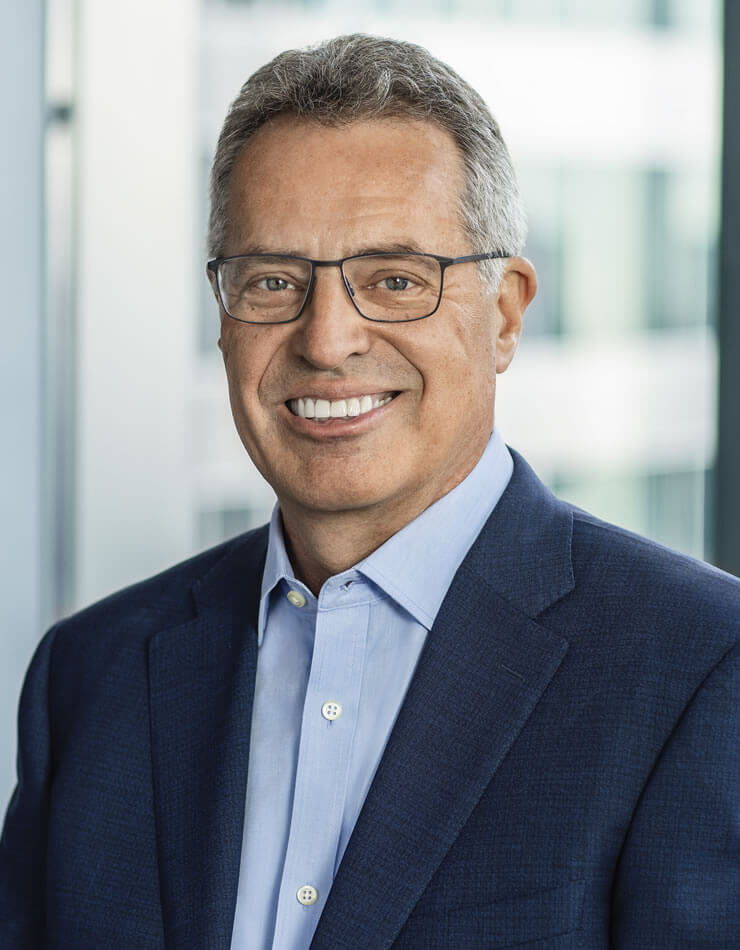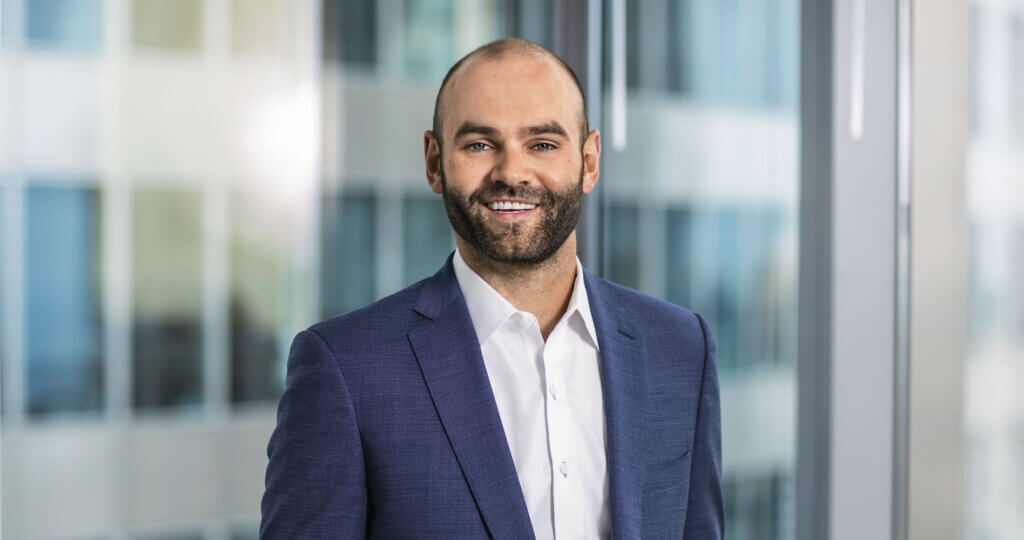Oakmark Global Select Fund - Investor Class
Average Annual Total Returns 12/31/12
Since Inception 10/02/06 5.93%
10-year N/A
5-year 6.09%
1-year 23.95%
3-month 10.87%
Gross Expense Ratio as of 09/30/12 was 1.23%
Past performance is no guarantee of future results. The performance data quoted represents past performance. Current performance may be lower or higher than the performance data quoted. The investment return and principal value vary so that an investor’s shares when redeemed may be worth more or less than the original cost. To obtain the most recent month-end performance data, view it here.
The Oakmark Global Select Fund returned 11% for the quarter ended December 31, 2012, outperforming the MSCI World Index’s 2% return. For the calendar year, the Fund was up 24%, while the MSCI World Index returned 16%. The Fund has returned an average of 6% per year since its inception in October 2006, outperforming the MSCI World Index’s annualized gain of 2% over the same period.
Daiwa Securities Group, Japan’s second-largest broker, was the largest contributor to performance for the quarter and the year, returning 44% and 79% respectively. Daiwa has been mentioned as a detractor in previous letters because it had been hurt by numerous factors, including a particularly weak Japanese stock market and decreased equity- and capital-market activity in Japan. However, many recent positive events in Japan have caused the equity market to rally. A new prime minister was elected and has indicated his intention to press for macroeconomic reform. One of his goals is to increase inflation targets to try to reverse two decades of deflation. The mere discussion of such reforms caused the market to rally and the Japanese yen to weaken to levels not seen in more than two years. Further improvements in economic growth should have a positive impact on Daiwa. Management’s focus on retail and asset management may also be a game changer. Daiwa spent three years researching this venture and came up with an Internet bank that gives customers access to Daiwa branches. The company aims to attract customers by offering higher rates and a better platform than competitors in the hope that customers will move more of their deposits to investment products. Daiwa’s balance sheet is well-capitalized, and we continue to believe it is a powerful franchise.
Intel, which holds about 80% of the market for microprocessors that go into personal computers and computer servers, was the top detractor for the quarter, returning -8%. Intel’s stock has suffered recently due to a very challenging economic environment. In addition, news that Apple engineers are exploring ways to switch Mac processors from Intel to self-developed ARM-based chips also weighed on the company’s stock price. We have heard similar reports in the past and believe that technology companies such as Apple are always looking for ways to streamline and consolidate their in-house designs. While we think that this transition may eventually occur, we believe that a change of this magnitude is still years away. In the meantime, Intel remains an innovation leader and, in our view, the company’s design and manufacturing technology has never been better. As an example, Intel just announced its new Clover Trail processor for Windows 8 tablets (with specific product announcements from several major manufacturers including Dell, Hewlett-Packard, Samsung and Acer). We believe Intel has more than enough inherent strength to withstand the current industry product transitions.
Dell, a U.S.-based computer and electronics manufacturer, was the top detractor from performance for the calendar year, falling 30%. The company’s share price has fallen in response to decreasing revenue growth in its PC business. PC revenue declined due to weak industry trends and a shift in demand to lower-priced PCs that Dell’s Asian competitors produce at lower cost. However, Dell’s non-PC businesses are performing well. We think this is significant because the company’s non-PC businesses comprise over half of Dell’s earnings and the overwhelming majority of its value. We continue to believe that Dell is attractively priced because investors pay too much attention to the declining PC business, which is the smaller piece of Dell’s value.
During the quarter, we sold our position in Comcast and initiated a position in American International Group (AIG). AIG is one of the world’s largest insurance firms, serving commercial, institutional and individual customers in more than 130 countries. While AIG is still associated with the 2007-08 financial crisis (having required over $180 billion in government support), it has made remarkable progress under the leadership of CEO Robert Benmosche. The government loans have been completely repaid and, in December 2012, the government sold its last remaining shares. Additionally, the company has been selling its riskiest and non-core businesses at attractive prices. Moreover, the company has been focusing on its underperforming but strategically well-positioned property-casualty and life insurance segments and retirement operations. Management has also been repurchasing stock at a large discount to book value. The streamlined company structure has made it easier to estimate the company’s value, which like any insurer, we base on current and future earnings outlook, the quality of its reserves and how the capital will be invested. We believe that this renewed balance-sheet strength, along with its global presence, strong brand name and large discount to book value, make AIG an attractive investment.
Geographically, 42% of the Fund’s holdings were invested in U.S.-domiciled companies as of December 31, while approximately 35% were allocated to equities in Europe and 18% to Japan. The remaining assets were invested in Canadian stocks.
Due to the U.S. dollar’s weakness relative to other global currencies, we currently hedge two underlying foreign currencies, the Japanese yen and the Swiss franc. Due to the weakening yen, we decreased our hedge from 42% to 24% of the underlying currency during the quarter.
We would like to thank our shareholders for continuing to support us and our value-investing philosophy. As we ring in a new year, we believe we have built a portfolio of high-quality companies that will provide our shareholders with attractive returns over the long term.
Happy New Year!
As of 12/31/12 Daiwa Securities Group, Inc. represented 7.0%, Intel Corp. 3.6%, Apple, Inc. 0%, Dell, Inc. 3.7%, Hewlett-Packard Co. 0%, Samsung Group 0%, Acer, Inc. 0%, Comcast Corp., Class A 0%, and American International Group, Inc. 4.5% of the Oakmark Global Select Fund’s total net assets. Portfolio holdings are subject to change without notice and are not intended as recommendations of individual stocks.
The MSCI World Index (Net) is a free float-adjusted market capitalization weighted index that is designed to measure the global equity market performance of developed markets. This benchmark calculates reinvested dividends net of withholding taxes using Luxembourg tax rates. This index is unmanaged and investors cannot invest directly in this index.
Because The Oakmark Global Select Fund is non-diversified, the performance of each holding will have a greater impact on the Fund’s total return, and may make the Fund’s returns more volatile than a more diversified fund.
Investing in foreign securities presents risks that in some ways may be greater than U.S. investments. Those risks include: currency fluctuation; different regulation, accounting standards, trading practices and levels of available information; generally higher transaction costs; and political risks.The discussion of the Fund’s investments and investment strategy (including current investment themes, the portfolio managers’ research and investment process, and portfolio characteristics) represents the Fund’s investments and the views of the portfolio managers and Harris Associates L.P., the Fund’s investment adviser, at the time of this letter, and are subject to change without notice.







